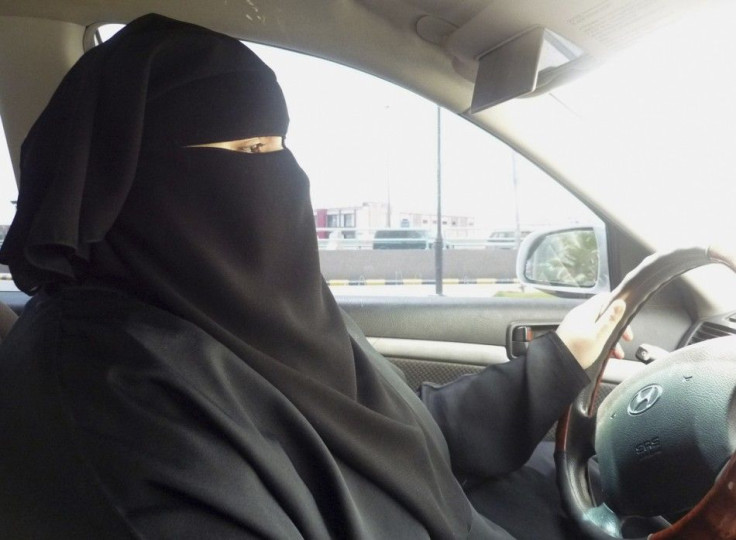Saudi Woman Spared Lashing

In Saudi Arabia, the woman sentenced to flogging for driving a car has been pardoned by King Abdullah.
The woman, identified as Shaima Jastaina (also spelled Ghassaniya), was sentenced to 10 lashings on Monday after being found guilty of driving without permission in July.
Flogging is a cruel punishment in all circumstances, but it beggars belief that the authorities in Saudi Arabia have imposed lashes on a woman apparently for merely driving a car, said Amnesty International deputy director Philip Luther told CNN.
Saudi Arabia is known for its strict conservative codes, but the wave of popular unrest that was the Arab Spring has prompted the country to slowly ease its regulations.
Last Sunday, King Abdullah decreed for the first time that women have the right to vote and run for local elections. The move was initially lauded by human rights organizations and international leaders, and is seen as an Arab Awakening-era move toward social equality and political openness.
However, Jastaina's lashing sentence just one day later belied the social progress allegedly being made in the Saudi Kingdom.
Belatedly allowing women to vote in council elections is all well and good, but if they are still going to face being flogged for trying to exercise their right to freedom of movement, then the King's much-trumpeted 'reforms' actually amount to very little, Luther added.
Saudi Arabia is still an absolute monarchy and King Abdullah is head of state and of the government. Members of both the 150-strong Consultative Assembly and the Council of Ministers are appointed by the King, although Saudi citizens can run and vote in local municipal elections.
Starting in 2015, women will be able to be appointed to the Consultative Assembly, known also as the Shura council, which advises the king and debates on current affairs, but cannot pass or enforce laws.
Saudi Arabia is the only country in the world that prohibits women from driving. The ban started in 1979, but the Jastaina case was the first time that a punishment had been given for a violation of the religious codes.
Thank God, the lashing of [Shaima] is cancelled. Thanks to our beloved king. I am sure all Saudi women will be so happy, I know I am, tweeted Abdullah's niece Amira al-Taweel.
Women's rights activists have been protesting the ban in recent months, many displaying their civil disobedience by getting behind the wheel. A woman named Manal al-Sharif was arrested in May, but was released after she promised to stop her campaign against the ban.
© Copyright IBTimes 2024. All rights reserved.











